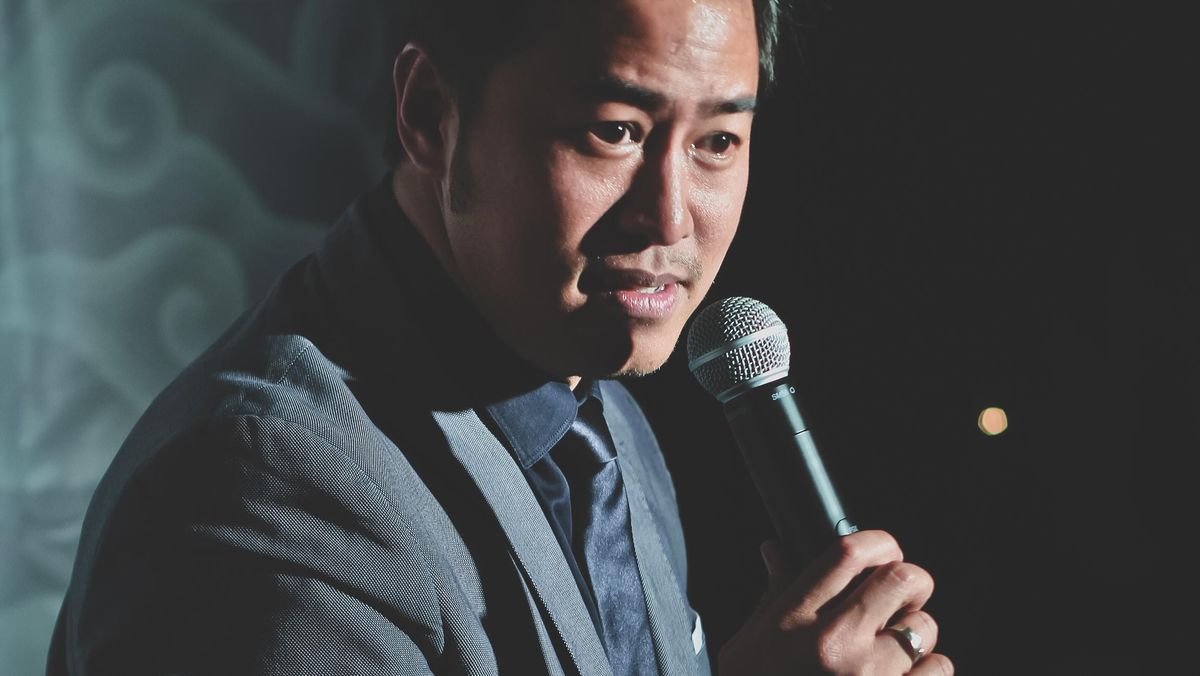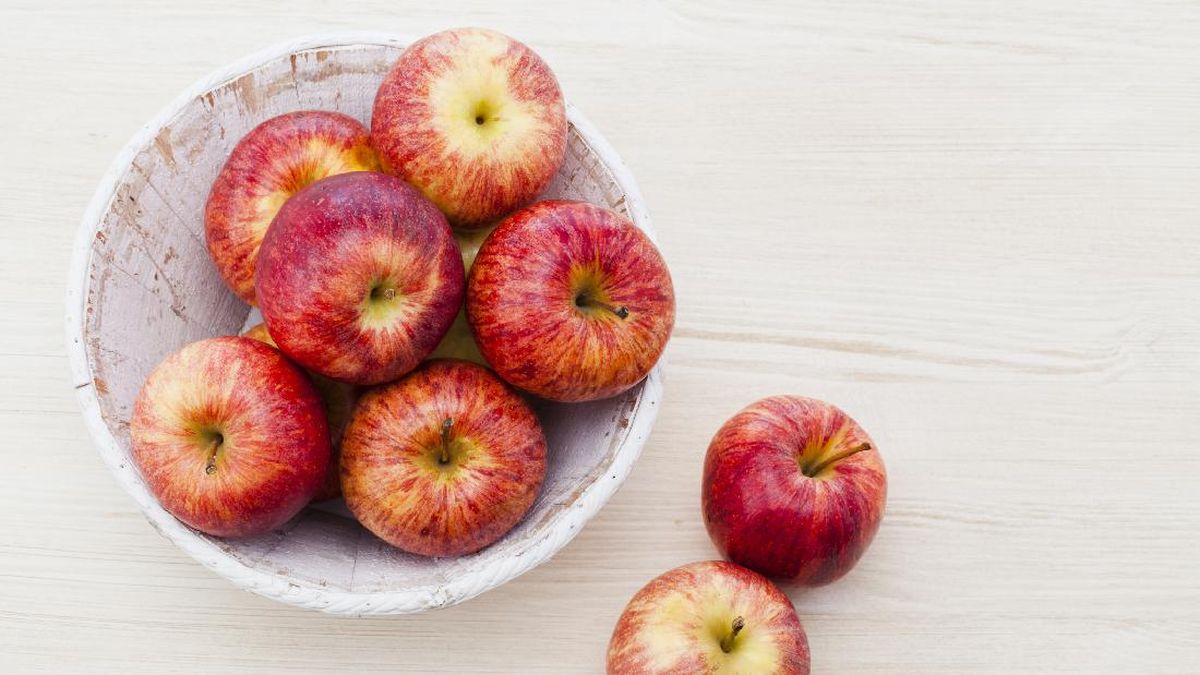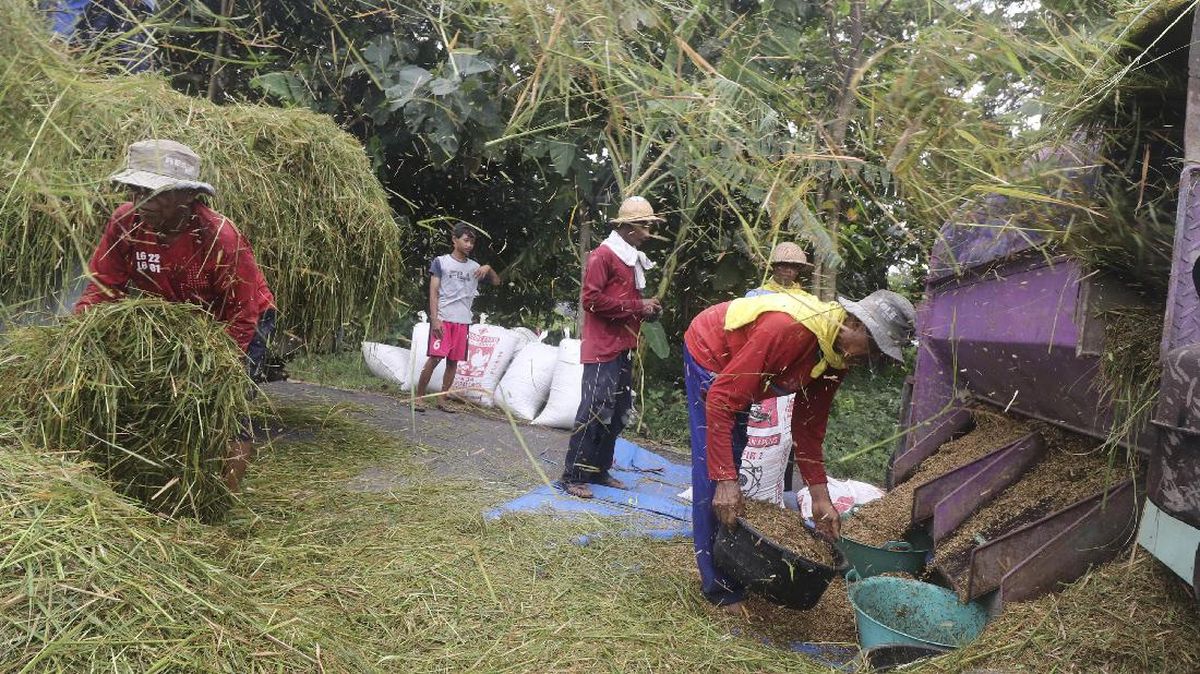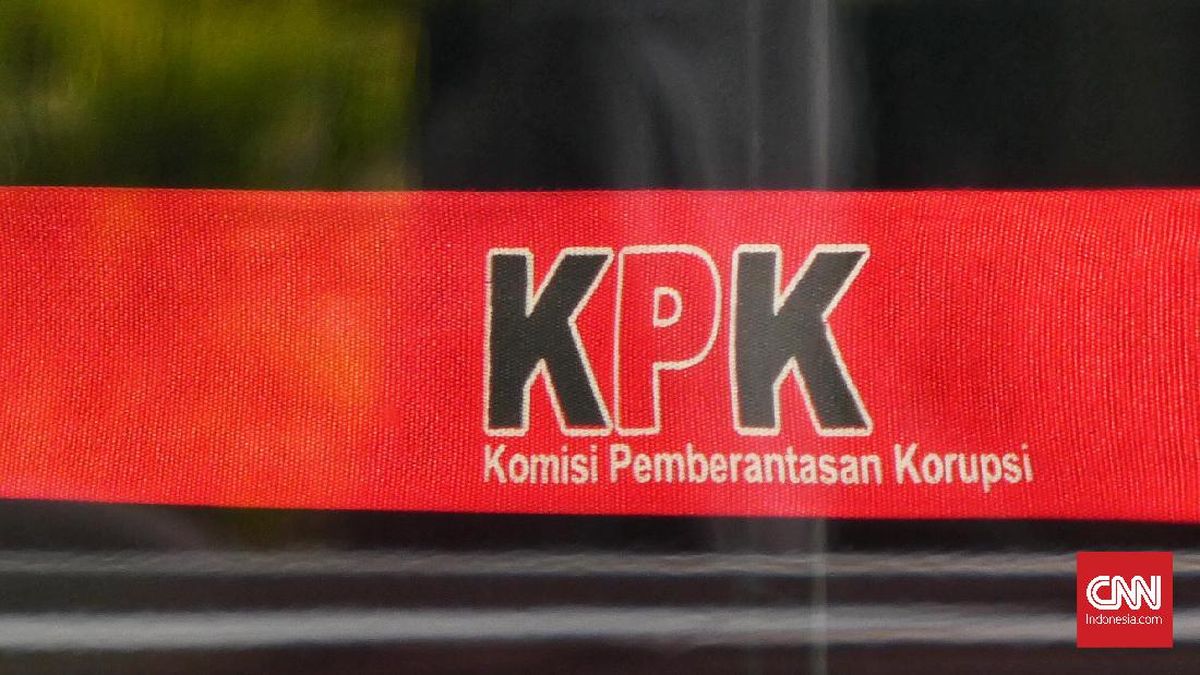Virginia Tapscott looks every inch the tradwife. She’s blonde, petite, and pretty. Her hair is loose and long; the sleeveless lavender top she’s worn to lunch matches her phone case. Photos of her with her husband and four children on the farm are redolent of the tradwife aesthetic.
There’s no doubt I could, if I wanted to, paint her as one of the “traditional wives” that have been amassing huge social media followings for embracing the role of wife and mother, turning their backs on career-feminist empowerment. But Tapscott doesn’t fit neatly into that box. In the course of our discussion, I wonder if there’s any box that will ever contain this woman in all her contradictions.
On the day we meet at Pyrmont’s Zebra Lounge, she’s flown from rural Albury to meet me. She loves seafood, and eating it by the water is a rare treat. The outdoor dining area looks out over a playground, deserted in the rain. The absence of children serves to emphasise the irony that Tapscott, who has written extensively about her choice to stay home with her children, is not home with her children. I want badly to ask her about that.

Tapscott has a “tradwife” vibe, but she’s not easy to pigeonhole.
We hurry to get the ordering out of the way – there’s so much Tapscott wants to talk about that if we don’t do it now, we’ll never cover off everything before she has to fly home. She’s quick to choose the seared yellowfin tuna with a black poppyseed crust, but hesitates over the wine choice. She’s looking at a French chardonnay, which is $18 a glass. Definitely not Albury prices. “That’s so expensive!” she exclaims, settling instead on an Alsace pinot gris.
Tapscott has written a book, which she’s keen to promote. All Mothers Work confronts the notion that women who choose to care for their children full-time are embracing a regressive social hierarchy. It challenges society to properly recognise and honour care work, paid and unpaid.
She sent me the manuscript after we met at a conference last year. In contrast to her strong prose, she has a country reserve about her. She often holds back in public debates out of excessive politeness, waiting till everyone else has had a chance to speak. Yet, there’s a certainty about her that comes through even when she’s silent.
The book gropes towards a new kind of feminism. “The only liberation that was ever offered or envisaged for women was one where they could be less like themselves,” she writes. “Men and women came to believe that the only way to help women was to allow them to assimilate into a man’s world.”
“I’m trying to think what I was thinking about when I wrote that,” she muses. But then it comes to her. “I think we have a really tough conversation to have about internalised misogyny. So ultimately, this idea that women could only be empowered by being in the paid workforce or assuming masculine roles is misogynistic.”

Seared yellowfin tuna with a black poppyseed crust.Credit: Edwina Pickles
This is not the feminism of our times which, according to Tapscott, only supports unpaid caregivers by getting them out of unpaid work. Tapscott calls it “career feminism in a care cloak”. I need to know how the 34-year-old has developed such unfashionable ideas.
Tapscott thinks it’s down to her upbringing. Virginia Tapp grew up in rural Narrabri. Her dad died before she was born; her widowed mother worked on a farm, driving trucks and tractors, and doing the books. The kids didn’t go to childcare, but just tagged along with their mother.
As a result, she says, “I feel a bit outside of the culture sometimes. I feel like I’m looking in on the way society is, and the way culture is a lot of the time. It enables me to be hypercritical of it.”
Her exposure to mainstream culture was mainly through the radio that was constantly on in the background. That led to her interest in becoming a journalist. Her first job was at the ABC, followed by a stint at The Courier in Narrabri.
When she had her first child at 25, her son Oscar, she planned to put him into childcare to continue her career. “I remember having this conversation with my husband. Like, he’s one now, this is what people do; women go back to paid work now.”
But it didn’t work out. Oscar was miserable; she was too. When the second baby came along, Tapscott and her husband decided she would give up formal work and freelance where she could. “We were lucky,” she explains. “We lived in a shack that my husband built on my father-in-law’s property. We lived in a rural area. I still drove my Toyota Corolla I’d had since uni. Our costs were just quite low, and we were young.” She acknowledges this isn’t an option for many families struggling with the cost of housing.
Because the universe loves contrasts, this is the moment when our luxurious plates of food arrive. Tapscott exclaims at the beautifully plated tuna, seared lightly on the outside and extremely rare. My food envy dissipates as soon as I taste my seafood pasta, which is stacked with prawns and mussels and finished in a velvety red bisque.

Seafood pasta stacked with prawns.Credit: Edwina Pickles
Before she even takes a bite, Tapscott has leaped into telling me that she began writing compulsively about what it was like being a mother after her son was born. Her articles seemed to resonate with readers, and it set her on the path she’s on now, saying more and more of the unsaid.
She seems to have completely forgotten her food. Thank goodness it doesn’t need to be hot because she’s back in full flight. “People don’t want to have this conversation because it’s really uncomfortable. If we admit that the systems we have in place aren’t optimal, we’re admitting that the whole underpinning of women’s liberation is flawed.”
Now seems a good time to ask my question about Tapscott’s central contradiction: much of her writing has been about motherhood, the tug women feel to spend more time with their babies, and the choice to take on the work of child-rearing rather than paid work. Yet here she is in Sydney, a one-and-a-half-hour flight and a world away from her children, gesticulating passionately about the book she’s just written. What part of this is not traditional workforce participation?
For the first time in a while, she becomes still again. “I can identify cultural forces that devalue caregivers, but that doesn’t mean I’m immune to them,” she says with a wry smile. “I am also a product of a culture where my self-worth is derived from my paid contributions, which has been a constant struggle for me in motherhood.
“That’s why I have worked to try and raise cultural awareness of the value of caregiving, so that my daughters and sons can grow up in a society where they get validation, and they feel valuable in a caregiving role.”
She fires up again. “Why can’t we attract policy mechanisms that support caregivers? Because,” she answers her own question, “deep down, most of us haven’t really learnt the true value of caring”.
Our conversation is taking place in the aftermath of shocking revelations of widespread sexual and physical abuse of children in childcare centres. Nicola Forrest’s Minderoo Foundation – which is behind the Thrive By Five campaign for universal centre-based childcare – has found that one in 10 parents has withdrawn children from care and 16 per cent have reduced hours of care. Minderoo says this is indicative of “a system in crisis”. Tapscott sees it as vindication and has ramped up her advocacy for childcare to be valued by giving parents greater choice in how it’s delivered.

Parents are questioning their childcare options after the industry has been rocked by a series of scandals.Credit: Justin McManus
She’s spoken and written about the need for more support for women to stay longer with their babies and to use the childcare subsidy now only available to centre-based care for more flexible modes of care, like grandparents, or nannies. Many parents are getting behind a campaign she is associated with. Which means I now have to move the conversation onto delicate ground.
As she has explored in a podcast, Tapscott and her older sister were sexually touched by their step-grandfather when they were little. Her abuse happened in a home setting as she was being cared for by relatives. How does she square that with calling for more in-home care? Is home really better than a well-regulated childcare setting?
Her tone drops and she hesitates. But she has obviously thought this through. Her answer is fluent and confident. “People who say you can’t support care in the homes because they’re unregulated, and child sexual abuse occurs there are missing the point entirely in terms of primary prevention,” she says. As a child sexual abuse survivor, she believes that the answer is to encourage people who’ve experienced abuse to speak out, so offenders can’t hide behind secrecy. “Also,” she concludes, “it’s a ridiculous notion that any unregulated space is now not appropriate”.
That sounds like a vaguely libertarian idea. I want to know where she sees herself on the political spectrum because I for the life of me can’t figure it out. On the one hand, her family advocacy and the whiff of trad-wifery might lead people to label her as right-leaning. But that’s not borne out by her work. I’ve scrawled a note against one passage in towards the end of her manuscript: “Communalist or communist?”
“So confused,” she sighs. “I don’t really fit in anywhere.”

The bill.
But then she confirms what I’ve been wondering: “I think my approach to early childhood is really quite influenced by socialism.” Margin note triumphant.
She goes on to explain: “I think human capital is a public good, and we need to be investing in that. And individualism has really fallen down in the current macroeconomic environment that we have in Australia, where people can’t and won’t have more children because they can’t afford it.”
Somehow, despite talking non-stop, we’ve finished our meals. I buy some time by ordering a coffee – she demurs – and steer the conversation onto the unusual story of how her book has been published. “The only feasible way I could write it was if I had an advance because I just didn’t really see myself being able to afford that much more free labour”. So she crowdfunded the book.
The All Mothers Work Kickstarter raised $33,000, covering childcare and printing costs. In the meantime, this advocate for the choice to stay home has started studying medicine. “I’m really excited about it,” she enthuses. “I mean, health issues and my advocacy for caregivers, it’s all connected. So many health issues, public health problems that arise from people not having time to care for themselves and for each other.”
Loading
Speaking of which, she has to get back to it. All of it. She’s ordering an Uber back to the airport. Another day in the life of a working mother.
All Mothers Work by Virginia Tapscott is available for pre-order.
Start the day with a summary of the day’s most important and interesting stories, analysis and insights. Sign up for our Morning Edition newsletter.


















































